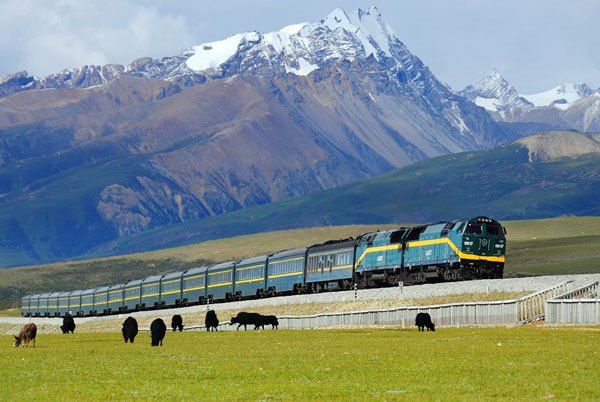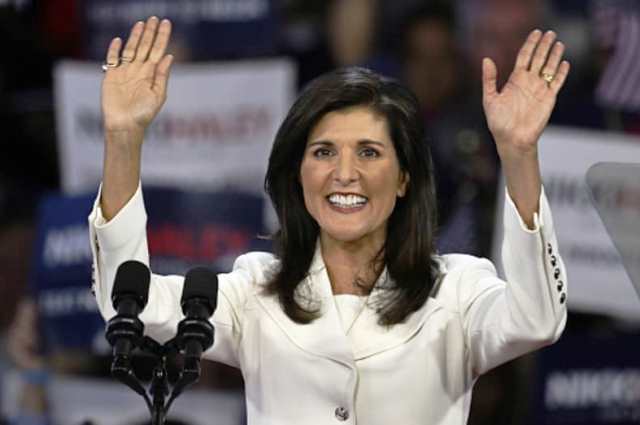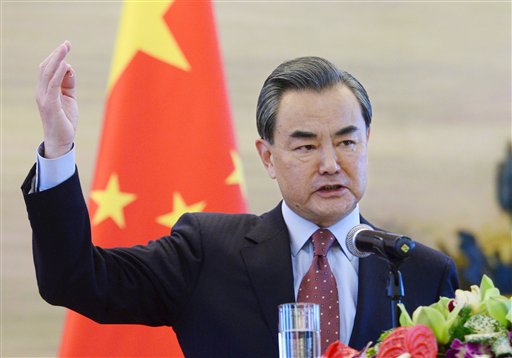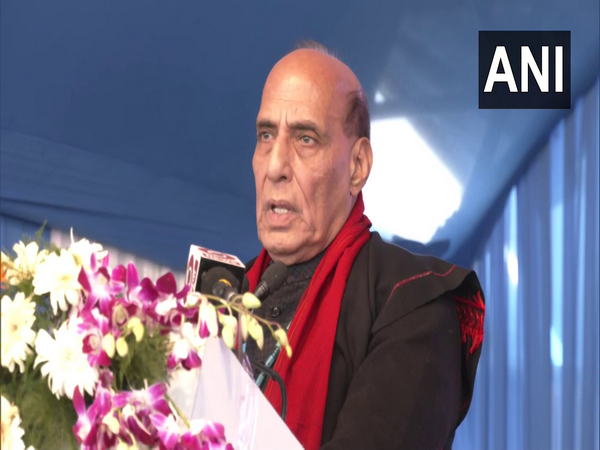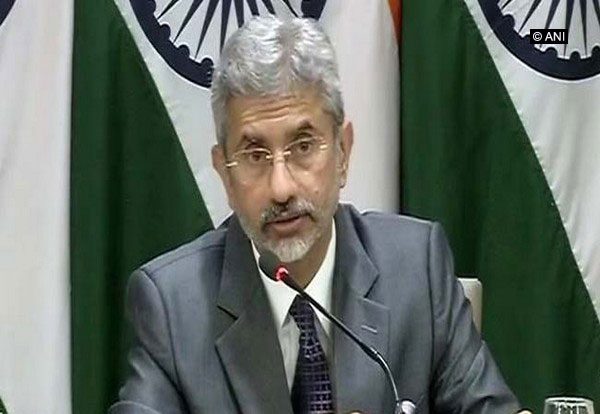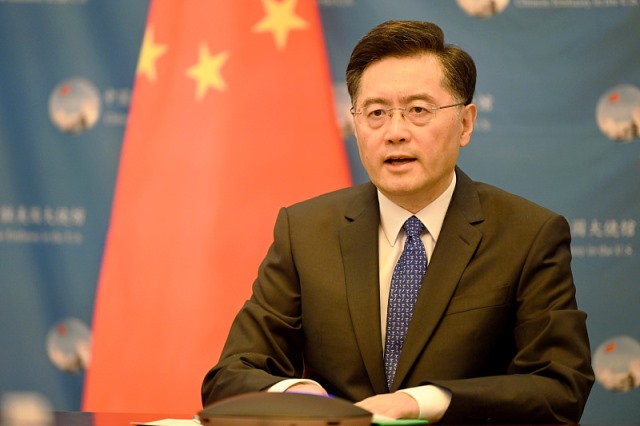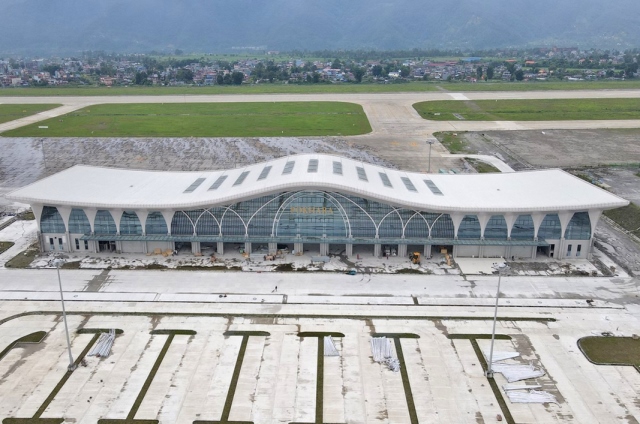China has unveiled an ambitious plan to construct a new railway line along the Line of Actual Control (LAC) and through the disputed Aksai Chin region.
According to a new railway plan revealed by the Tibet Autonomous Region (TAR) government, the ‘medium to long-term railway plan’ will help expand the TAR rail network to 4,000km by 2025 from the current 1,400km.
As per the report by Railway Technology, the project will cover new routes that will continue up to China’s borders with India and Nepal. Designed to start in Shigatse, Tibet, the proposed rail line will run northwest along the Nepal border before piercing north via Aksai Chin and ending at Hotan, Xinjiang. The planned route will travel through Rutog and around Pangong Lake on the Chinese side of the LAC. The first section from Shigatse to Pakhuktso is anticipated to be completed by 2025, while the remaining line section concluding at Hotan is expected to be completed by 2035.
A state media report citing the plan revealed by the TAR Development and Reform Commission stated – “by 2025, the construction of several railway projects, including the Ya’an-Nyingchi section of the Sichuan-Tibet Railway, the Shigatse-Pakhuktso section of the Xinjiang-Tibet Railway, and the Bomi-Ra’uk section of the Yunnan-Tibet Railway will all see significant progress”.
There is a serious concern in India now that with its railway network into and within Tibet expanding and railway lines poised to reach the LAC soon, Beijing may feel emboldened to flex its military muscles more resolutely to alter its border with India unilaterally. Even Tibetans fear that more railway lines into Tibet will facilitate Beijing’s plunder of natural resources. The increased influx of Han Chinese migrants and tourists into Tibet is also expected to further impact local demography and culture, already under threat by China’s decades-long “Sinicization” policy.
India is concerned about the strategic motivations that underlie China’s construction and extension of railway lines along the border region. Chinese analysts have openly advocated that in the event of a war with India, the railway line will help deliver strategic materials to the disputed Sino-Indian border. The Army Chief General Manoj Pande recently said there has been an increase in Chinese troops at the Line of Actual Control (LAC). In addition to building up troop numbers along the border, satellite imagery shows continued construction activity by Chinese forces shoring up their position along the LAC.
The new railway line is close to Indian borders. In the event of a border conflict between China and India in the eastern LAC, the new railway line would allow the PLA to mobilise trainloads of soldiers to the frontline swiftly. In recent years, Beijing has dedicated substantial resources to building the connective infrastructure that links the border city with the rest of China. China is also extending the Lhasa-Xigaze railway line southwards to Yadong – a trading town near the strategic Nathu La mountain pass that runs between Tibet and India in the eastern sector of the LAC. Yadong is also near western Bhutan, where China has territorial claims in the Doklam plateau.
The recent escalation of tensions along the LAC has made India more sensitive to railroads’ role in the PLA’s mobilisation of troops to the border. Indian observers have not overlooked that many of the towns along the LAC where Chinese trains are planned to arrive have been the site of major crises and face-offs between the PLA and Indian security forces recently. (ANI)
Read More:http://13.232.95.176/
